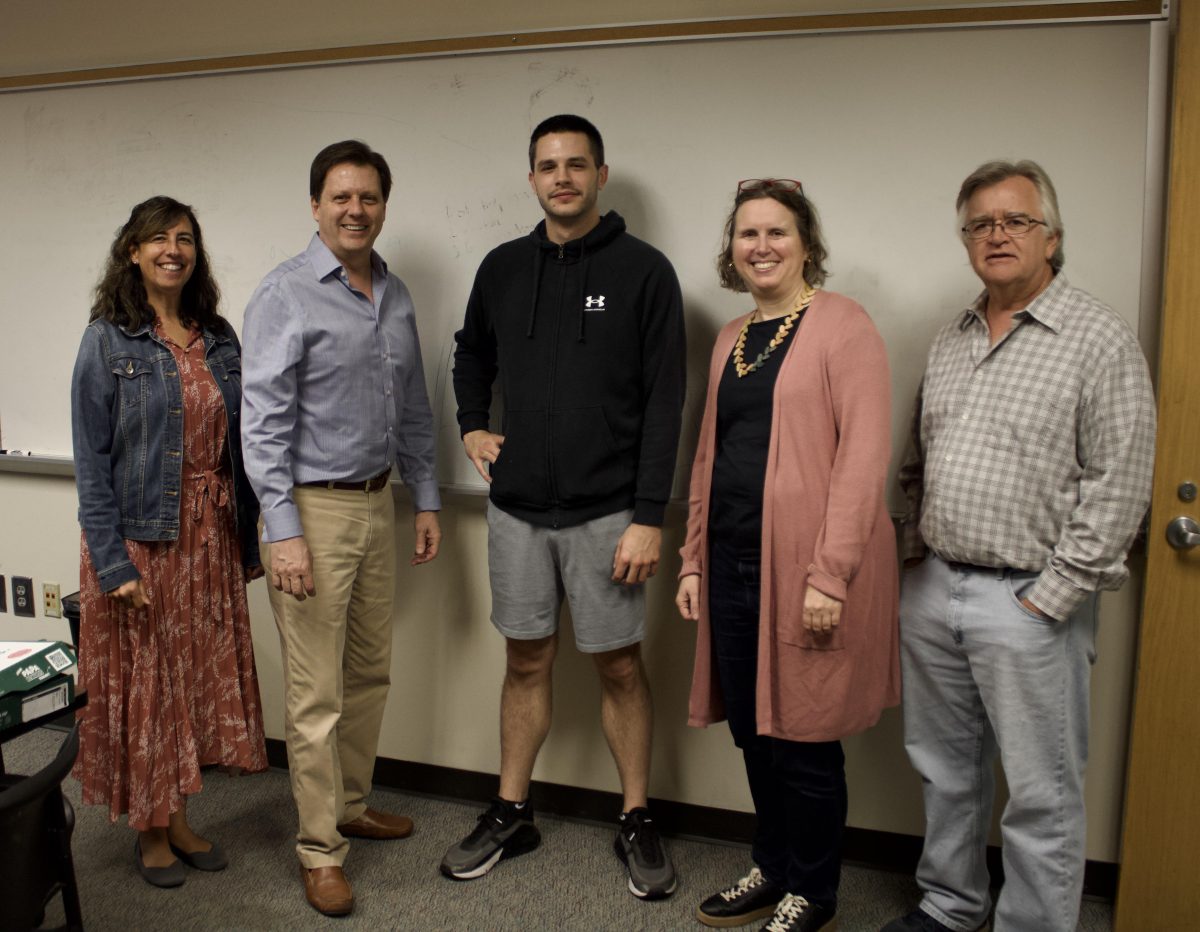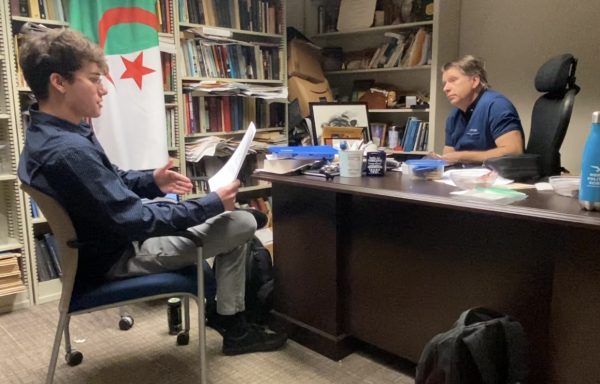We need to protect our citizens
September 10, 2013
Imagine a child standing in the middle of the street. A car is fast approaching; the driver is unaware of what lies ahead. You, an individual with the ability to save the child, have a choice, dive in front of the car or watch helplessly from the sidewalk. If you attempt to save the child it may be in vain. In fact, it may backfire and cause harm to you both. If you sit idly by, is the child’s blood on your hands?
As dramatized as the events are above, there are many parallels to the current decision lawmakers have concerning the United States involvement in the Syrian conflict. There is no doubt that we possess the capabilities to intervene on behalf of the Syrian rebels, but is that our inherent responsibility? To intervene without Security Council approval would be a breach of international law, but then again that has never stopped us before.
For insight, let’s travel back to the 1990s. In the small African country of Rwanda, members of the Tutsi ethnic group are butchered with machetes in the streets. The United Nations Security Council proved incapable of mustering any effective resolution for military action and in a matter of 100 days, 800,000 people were slaughtered. Now, let’s turn our attention to Kosovo in 1999. Reportedly up to 2,000 Kosovar-Albanians are systematically targeted and killed by the Yugoslavian government. Despite clear evidence of genocide, we see the same gridlock in the United Nations Security Council. Undiscouraged, the United States ignores international law and intervenes under NATO’s banner. Our responsibility to protect, if existent, should have extended to both cases. The sad reality of the situation is that the saving Rwandan people fulfilled none of our national interests, which at the end of the day remain and should remain to be the driving force of our foreign policy.
Unfortunately, in the case of Syria it is too little too late. Our window of opportunity vanished last year when the Syrian rebels, desperate for help, associated with groups like Hezbollah and Al-Qaeda. I recall not too long ago when we offered our assistance to another group of “freedom fighters” in Afghanistan known as the Taliban. Our involvement in Syria presents the same dangers of backfiring just as it has in the past. According to a Harvard study, the wars in Iraq and Afghanistan will have cost taxpayers between $4 trillion to $6 trillion. We simply can no longer afford to police the world. Likewise, we face a litany of social, fiscal and infrastructural issues that remain unresolved at home. Ultimately, it is time to evoke a responsibility long ignored by our government: the responsibility to protect our own citizens.












